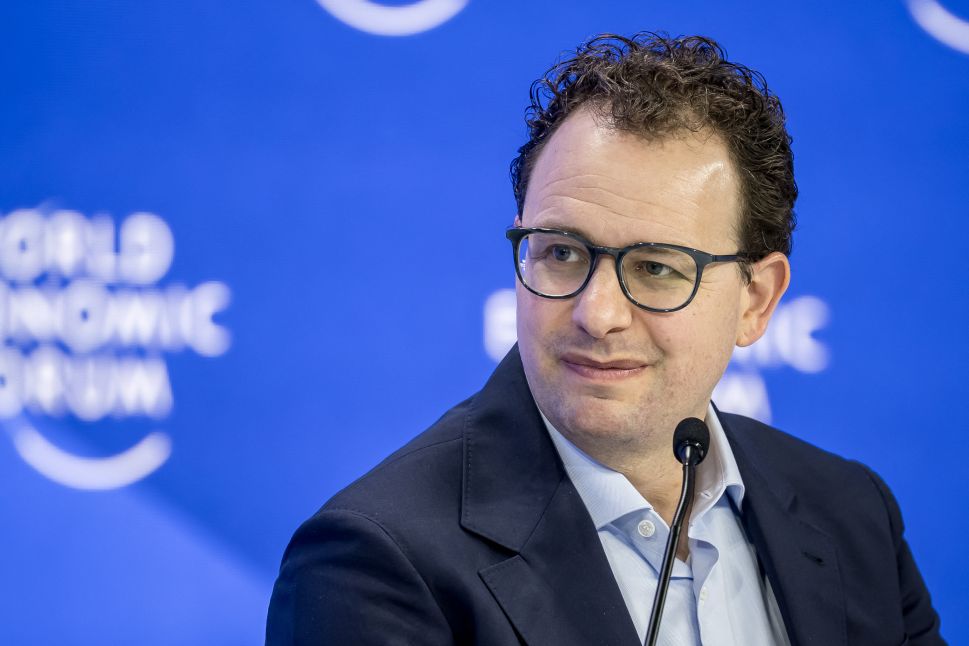Anthropic CEO Dario Amodei, who has a Ph.D. in biophysics from Princeton and was a postdoctoral scholar at the Stanford before entering Silicon Valley, believes advances in A.I. could soon enable humans to live twice as long. “If you think about what we might expect humans to accomplish in an area like biology in 100 years, I think a doubling of the human lifespan is not at all crazy,” he said yesterday (Jan. 23) while speaking at the 2025 World Economic Forum in Davos, Switzerland.
He added that this vision could materialize as soon as 2030. “We can make 100 years of progress in areas like biology in five or ten years if we really get this A.I. stuff right,” said Amodei.
This isn’t the first time Amodei has lauded A.I.’s potential in biology and health. He highlighted this optimism in a lengthy essay in October, noting that A.I. advances could eventually lead to progress in treating nearly all natural infectious diseases, eliminating most cancers, and creating effective cures for genetic diseases.
Amodei said, in the past three to six months, he has become more and more confident that A.I. systems are progressing to eventually surpass humans at nearly all tasks—a feat often thought of as a benchmark for artificial general intelligence (A.G.I.). His confidence in the technology’s speed has been solidified by the introduction of models mirroring the capabilities of Ph.D. students in areas like math, programming and biology. “It is my guess that by 2026 or 2027, we will have A.I, systems that are broadly better than all humans at almost all things,” he said.
While claiming A.I. will enable acceleration across areas like health, military applications and the workplace, Amodei conceded that restrictions to rapid progress remain in place. “What’s going to hold us back most in positive applications is the physical world and limits on human institutions,” he said. For example, advancements in autonomous driving will be restrained by deployment cycles and laws. And A.I.’s pharmaceutical contributions will still need to undergo clinical trials, he added.
Before founding Anthropic in 2020, Amodei was OpenAI’s vice president of research. Anthropic has since emerged as one of OpenAI’s strongest competitors. The startup is reportedly in talks for a funding round that would value the company at $60 billion. It recently received $1 billion in funding from Google (GOOGL), which previously invested $2 billion in the company, according to CNBC.

